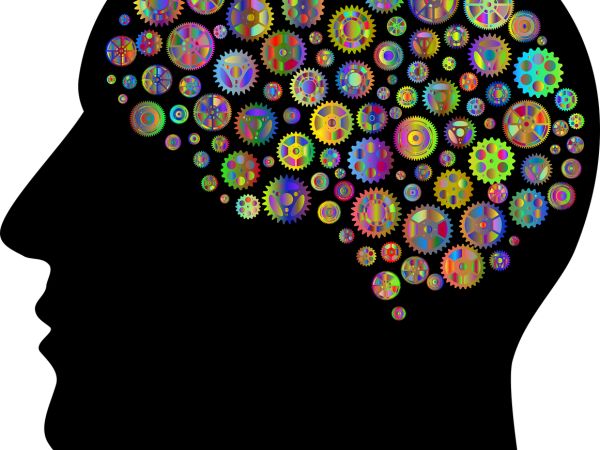So, what exactly does it mean to say “the unconscious”? It means parts of our minds which we are not consciously aware of or cannot easily be made conscious of (such as memories). For more information, read through this blog post.
Contents
What Is Mind And Its Two Main Parts?
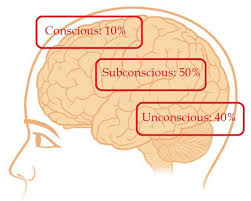
The mind is the name given to all of our cognitive processes, including memory storage and retrieval.
- The conscious part deals with things that are currently happening. However, it can only hold about seven (plus or minus two) pieces of information at one time.
- Meanwhile, there’s also what we could call the unconscious part which deals with longer-term memory, among other things. This is where a lot of our habits and behaviors come from.
NOTE: The conscious mind is what we are aware of at any given time. It’s our current experience, and it deals with things that are happening to us right now.
How Mind And Body Are Connected?
The mind and body are connected in a few ways. For one, the mind can affect the body; for example, stress can lead to physical problems like headaches or stomachaches.
On the other hand, the body can also affect the mind. This is known as embodiment – when our physical experiences change how we think and feel (for example, if we’re in pain, it’s going to be harder for us to think positively).
What’s The Connection Between Unconscious And Conscious Mind?
There is a lot of crossover between the unconscious and conscious minds. For instance, our behaviors can often be driven by things that are happening unconsciously. Additionally, some of our thoughts and actions may not be known to us consciously. But they can somehow find their way into our behaviors.
NOTE: Although the two parts of the mind are interconnected in a lot of ways. It’s important to remember that memories and habits from the unconscious part don’t always make it up to conscious awareness right away – if at all!
How Unconscious Is Different From Subconscious?
The subconscious mind is a part of the unconscious mind, but there are some important distinctions between the two.
- The subconscious mind is the part of our brain that houses our memories and experiences. It also controls things like our breathing and heart rate.
- The unconscious mind includes everything that we are not aware of, including things like feelings and thoughts. The unconscious mind is also the part of our brain that manages how we respond to certain stimuli (e.g., fear) or make decisions about other behaviors (e.g., addictions).
Thus, it’s important not to confuse these two parts of the human psyche because they have different functions and meanings. The subconscious mind is important because it stores our memories and experiences, while the unconscious mind is important because it drives so much of our behavior.
NOTE: The unconscious mind is much broader than the subconscious.
What Is Unconscious Mind?
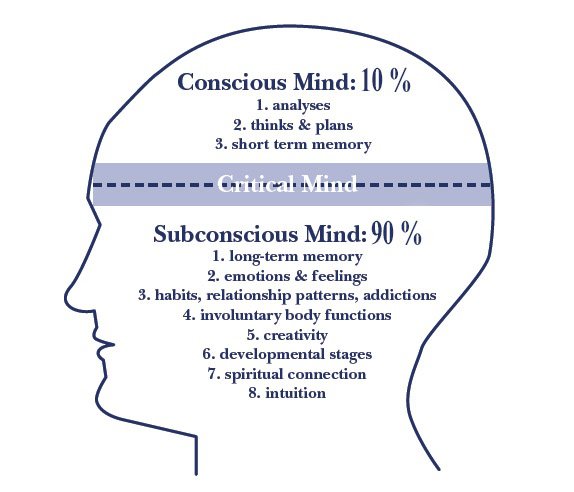
The unconscious mind is a fascinating topic that has been studied for centuries. People have been talking about the unconscious since at least as far back as Aristotle’s time! The unconscious is often thought of in terms of Freudian psychology and modern-day cognitive theory.
But what exactly does it mean to say “the unconscious”? It means parts of our minds which we are not consciously aware of or cannot easily be made conscious of (such as memories). One way to think about this might be that the conscious mind represents only a small fraction while the other 90% would represent the subconscious.
What Goes on In The Unconscious Mind?
Freudian psychology would say that a lot of our psychological processes happen without us being consciously aware of them. This might include things like our motivations and drives. As well as memories that we have buried or forgotten about. The cognitive theory perspective would emphasize the role of the unconscious in helping us to process information that we cannot process consciously. This help is often necessary since our conscious minds can only hold a certain amount of information at any one time (hence why working memory is typically about seven items).
NOTE: This is where a lot of our habits and behaviors come from. Overall, this means that while we are not always aware of it or able to make ourselves conscious of what’s going on in here, there’s still plenty happening!
Why Do We Even Have An Unconscious?
Well, one reason is that our conscious minds can only handle so much information at any one time. To take in more information, we need a part of the mind that can process it without us having to be consciously aware of it. This is where the unconscious comes in – it helps us to manage all the information that we are constantly bombarded with. Additionally, the unconscious mind can help us to regulate our emotions and behaviors.
Is The Unconscious The 90 Percent Of The Brain We Don’t Use?
Some people have argued that the unconscious is the 90 percent of the brain that we don’t use. This idea comes from a study by Donald Hebb, who found that only about ten percent of our mental activity was conscious. However, this idea has been largely discounted in more recent years. Instead, it is now thought that the unconscious and the conscious mind work together to create our mental lives.
Do Dreams Come From The Unconscious?
Freudian psychology would say yes – that dreams are messages sent to us by our unconscious. The cognitive theory perspective would be more likely to argue that we create and re-create memories during sleep (whether they were put there by the conscious or subconscious mind) which can then make their way into our dreams.
How Does The Unconscious Mind Work?
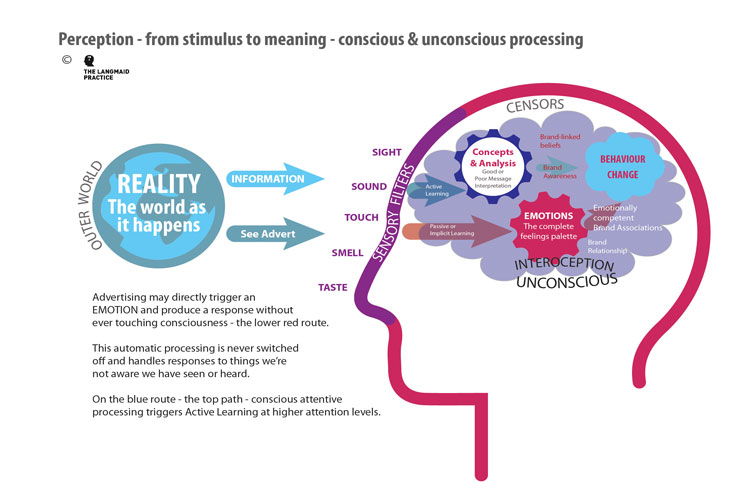
This is a difficult question to answer since there is so much still unknown about the workings of the brain. However, we can get some idea from looking at studies on both Freudian psychology and cognitive theory. From Freudian psychology, we know that the unconscious is responsible for things like our motivations and drives, as well as memories that we have hidden or forgotten about. From cognitive theory, we know that the unconscious helps us to process information that we cannot process consciously.
What Behaviors Come From The Unconscious?
Well, there are a lot of possibilities. One possibility might be that the unconscious can help us to regulate our emotions and behaviors without being consciously aware of what is going on. This could have an impact not only in terms of regulating things like fear or anger. But also in terms of helping us to manage components that influence our behavior. Such as our diet or exercise habits. Also, some possible behaviors might be driven by the unconscious. This includes things like addiction, compulsions, and phobias.
Is The Unconscious Smarter Than The Conscious Mind?
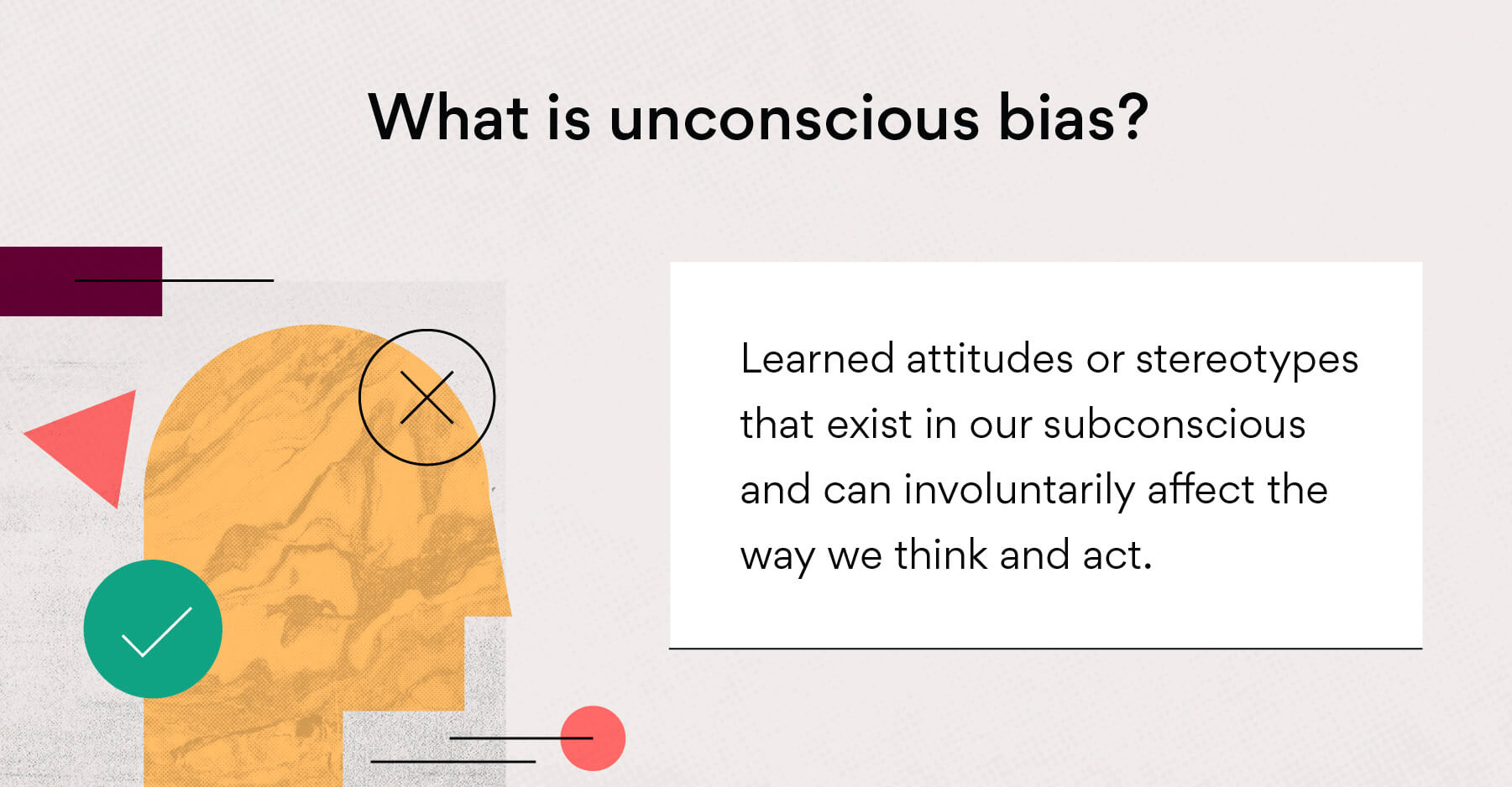
Some people have argued that the unconscious is smarter than the conscious mind. This idea comes from studies on artificial intelligence. It suggests that the unconscious can solve complex problems more quickly than the conscious mind. However, it is important to note that this idea does not apply to all types of problem-solving.
Will My Unconscious Make Me Do Or Say Self-Destructive Things?
Some people have worried that their unconscious might make them do or say self-destructive things. This is a legitimate concern since the unconscious mind can be used in some cases as an excuse for criminal behavior. However, it is important to note that the unconscious mind does not control you in any way and only presents motivations for your behavior. We are reasonably free to choose whether or not we follow these desires.
Another thing to consider is a possibility that is particularly relevant for people who are struggling with mental health issues like depression or anxiety. In some cases, it might be that people are using behaviors or even harmful coping mechanisms as a way to express things they have been repressing for many years.
How Do Therapists Work With The Unconscious Mind?
Well, one of the key things that therapists are interested in is unconscious motivation. This will vary depending on both therapist and patient. But some common motivations include desires for power/domination, love/acceptance, or freedom from responsibility.
Why Do Therapists Have Interest In The Unconscious Mind?
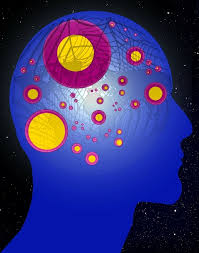
It is a fascinating area of study. While some people might see it as strange, many different mental processes occur independently from our awareness and yet play an important role in how we think, feel, act, and behave.
So therapists find themselves interested in this because they believe that one’s motivations can be deeply rooted in the unconscious and that these motivations can have a powerful influence on one’s life.
Additionally, therapists are often interested in helping their patients to explore the contents of their unconscious minds so that they may gain a greater understanding of themselves.
What Sorts Of Problems Can We Fix By Working With The Unconscious?
One of the main reasons why therapists have an interest in working with the unconscious mind is because it can be a powerful tool for fixing problems. This might include things like overcoming fears or phobias, managing addictions or dealing with compulsions. In many cases, these behaviors have their roots in the unconscious. And so addressing them requires looking into the contents of one’s unconscious mind.
How Does Therapy Make The Unconscious Conscious?
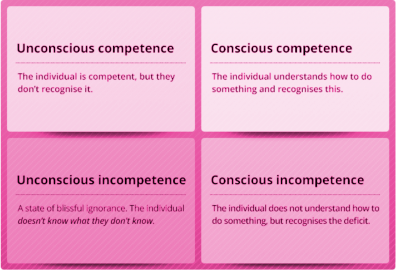
Therapy is often one of the ways to make the unconscious conscious. This happens through a process known as insight therapy. It is a type of therapy in which therapists encourage patients to talk about their concerns. It allows you to explore their thoughts, feelings, memories, and dreams. So this can help people gain a greater understanding of the thoughts and motivations that drive them. Additionally, it can help people to resolve long-standing problems or conflicts that they might have been struggling with for many years.
How Does Insight Therapy Works??
While insight therapy can be a very powerful way to help people address their unconscious motivations. This sort of therapy is not always easy. As such, therapists often use different strategies and techniques to make the process as comfortable as possible for patients. Some common strategies used by therapists include things like:
- Open-ended questions,
- Reflective listening (reflecting on what someone has said, paraphrasing), or
- Evaluating the merit of certain thoughts/feelings
What Are The Benefits Of Insight Therapy?
Insight therapy can be a very beneficial approach to take because it allows people to gain a deeper understanding of themselves and their problems. In many cases, people can resolve longstanding conflicts and problems with the help of insight therapy. Additionally, this approach can be helpful in terms of increasing self-awareness and helping people to develop a greater understanding of their thoughts and motivations. Also, insight therapy can be a very powerful tool for fixing problems. This might include things like overcoming fears or phobias, managing addictions or dealing with compulsions.
NOTE: In many cases, these behaviors have their roots in the unconscious and so addressing them requires looking into the contents of one’s unconscious mind. So all in all, there are many different reasons why someone might have an interest in working with the unconscious mind, and the benefits are clear.
What Do Professionals Think About Unconscious Mind?
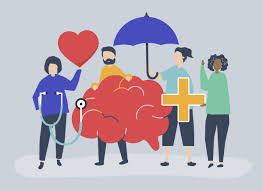
There is a lot of debate surrounding the unconscious mind, and there are many different professionals who have different opinions on it. Some believe that it is nothing more than a myth while others believe that it is an important area of study that can help us to understand ourselves better. However, most professionals agree that the unconscious mind is a real phenomenon that can have a profound impact on our lives.
What Do Neurologists Say About Unconscious Mind?
One of the most important things to remember about the unconscious mind is that it has a powerful influence on one’s behavior. Our brains are constantly processing information, even when we aren’t aware of what our brain is doing at any given moment. So there is a lot to consider with regards to how therapists work with their patients’ unconscious minds to make the unconscious conscious.
What Do Psychiatrists Think About The Unconscious Mind?
Most psychiatrists believe that there is an unconscious mind and that it can play a significant role in our lives. Additionally, psychiatrists often believe you can access the contents of the unconscious mind through insight therapy.
Case Study: Unconscious Mind in Action
To understand how the unconscious mind can affect our lives, let’s take a look at a case study. In this case study, we will explore the effects of the unconscious mind on a person’s behavior.
Scenario
John is a 34-year-old man who has been struggling with addiction for many years. He has always been interested in rock music, and he says that it’s his life. His family members say that John was very quiet as a child, but when he got older, they noticed him listening to loud music all the time.
John is married and has two children; however, since becoming addicted to drugs and alcohol his marriage began to fall apart. His wife says that he would often disappear for days at a time and that she was worried about him. John’s addiction caused him to lose his job, and he began to steal money from his family to buy drugs.
Intervention
One day, John decided that he wanted to get help and so he went to see a therapist. The therapist asked John about his childhood and about the music that he liked. When John told her about his love for rock music, she suggested that he listen to some classical music instead.
At first, John was resistant to this idea; however, after a while, he decided to give it a try. To his surprise, when he listened to classical music, he found that he didn’t like it. He found it to be boring. The therapist then asked John why he thought that he liked rock music so much and John said that it was because it made him feel alive.
After discussing this further, the therapist suggested that maybe John was using rock music as a way to avoid dealing with his problems. John was shocked by this idea and spent some time thinking about it before the next session, which was a week later.
During that time he began listening to classical music again but started noticing that after a while of doing so, he felt very sluggish. However, when he listened to rock music for an extended period, he felt more energized. This made him realize that his addiction was not only causing problems in his personal life but was also making him feel tired and lethargic.
After discussing this with the therapist, John decided to start working on his addiction. He has been sober for over a year now and is rebuilding his relationship with his wife and children.
The Key Message
John’s story highlights the power of the unconscious mind. The therapist was able to help John by understanding how the music that he liked was affecting his behavior. By suggesting that he listen to classical music, which he didn’t like, she was able to get him thinking about why he liked rock music so much. This made John realize that his addiction was causing him more problems than he had realized.
So, as you can see, the unconscious mind is a powerful tool that can have a profound impact on our lives. It’s important to remember that the contents of the unconscious mind are often hidden from us. And so we need to be open to exploring them if we want to understand ourselves better.
Conclusion
There is a lot of interest in the unconscious mind and for good reason. The hidden mind can play a significant role in our lives and can be a powerful tool for fixing problems. Additionally, working with the hidden mind can help us to gain a greater understanding of ourselves. So if you are interested in exploring your hidden mind, then there are many different ways to do so. There are a variety of professionals who can help you to do this. And several therapies can be helpful. So don’t hesitate to explore this fascinating area of psychology!
If you are looking for affordable Online Counseling MantraCare can help: Book a trial therapy session
